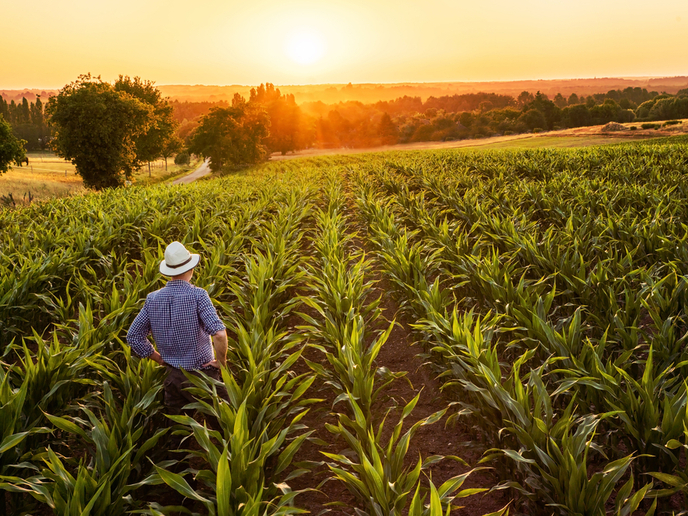Empowering the rural bioeconomy with innovative circular solutions
Bio-based solutions – both large and small scale – can significantly boost Europe’s rural economy and contribute to the EU’s climate action, sustainable development and clean energy goals. Finding ways to stimulate smaller-scale rural operators and innovators also helps to support and revitalise local economies. While many bio-solutions already exist throughout Europe, access to them is fragmented. The EU-funded BioRural(opens in new window) project set out to create a pan-European Rural Bioeconomy Network to promote available solutions and increase their presence in the bioeconomy.
EU rural bioeconomy, plugging the circularity gaps
BioRural conducted a systematic review of existing research and commercial solutions. This included a series of national workshops involving more than 1 000 stakeholders, 440 interviews with farmers/experts and the participation of some 50 teams in open calls for existing and emerging solutions. “The EU’s goals and policy initiatives for transitioning to a circular bioeconomy are ambitious. However, there is still a lot of work to be done. The bioeconomy remains predominantly linear (take-make-dispose model). The bioeconomy presents significant opportunities to enhance circularity and strengthen strategic autonomy in key inputs. We identified several key areas for improvement,” explains project coordinator Thanos Balafoutis of the Institute for Bio-Economy and Agri-Technology, Centre for Research and Technology – Hellas(opens in new window) (iBO-CERTH). Overall, additional initiatives are needed to support Europe’s transition to a circular bioeconomy. More specifically, localised supply chains including sustainable bio-based feedstock supplies are required. On the technical side, more advanced biorefineries to convert complex and diverse biomass are essential. Scaling up bioconversion technologies to industrial levels while maintaining cost-effectiveness and efficiency remains a major hurdle. “Integrating biorefineries into existing industrial supply chain systems [and] overcoming technical, economic and regulatory challenges … can be complex and costly,” notes Balafoutis. Initiatives addressing consumer awareness and willingness to pay more for bio-based products are also needed, according to the project team.
Lessons learned from success stories
BioRural selected more than 20 success stories to showcase and serve as a basis for replication elsewhere. While they differ in many ways, they had several common features. Their innovation encompasses not only technology but also the sustainable and eco-friendly management of local by-products. Many of the success stories explored opportunities in the sector, focusing on new or emerging niche areas, while others addressed urgent needs. All of the examples established a shared thread or connection between the company and its clients/local inhabitants. “They have a forward-looking vision that anticipates the future positively in an ever-shifting landscape. Their knowledge to realise their vision grows through research and development, pilots and trial-and-error, and the process and its success is the result of collaborative design and synergies creation,” says Balafoutis.
BioRural toolkit and network
“Our publicly available BioRural toolkit(opens in new window) is our most valuable result, containing all project outcomes in an easily understandable format,” Balafoutis notes. It includes fact sheets about the bioeconomy from European to local levels. More than 90 tutorials address key bioeconomy sectors. The toolkit’s bioeconomy inventory contains over 220 scientific papers, 60 research projects, 35 funding opportunities, and more than 90 commercially available bio-based solutions that can be used by practitioners. Ultimately, the toolkit will also include business model blueprints for future entrepreneurs and policy recommendations to further build Europe’s sustainable rural bioeconomy. In addition to its toolkit, BioRural formed four regional Rural Bioeconomy Platforms, creating regional hubs spanning neighbouring countries. These were integrated into a pan-European Rural Bioeconomy Network that now boasts over 550 stakeholders. BioRural has put valuable tools in the hands of rural bioeconomy innovators, with the potential for impact far beyond the project duration.







